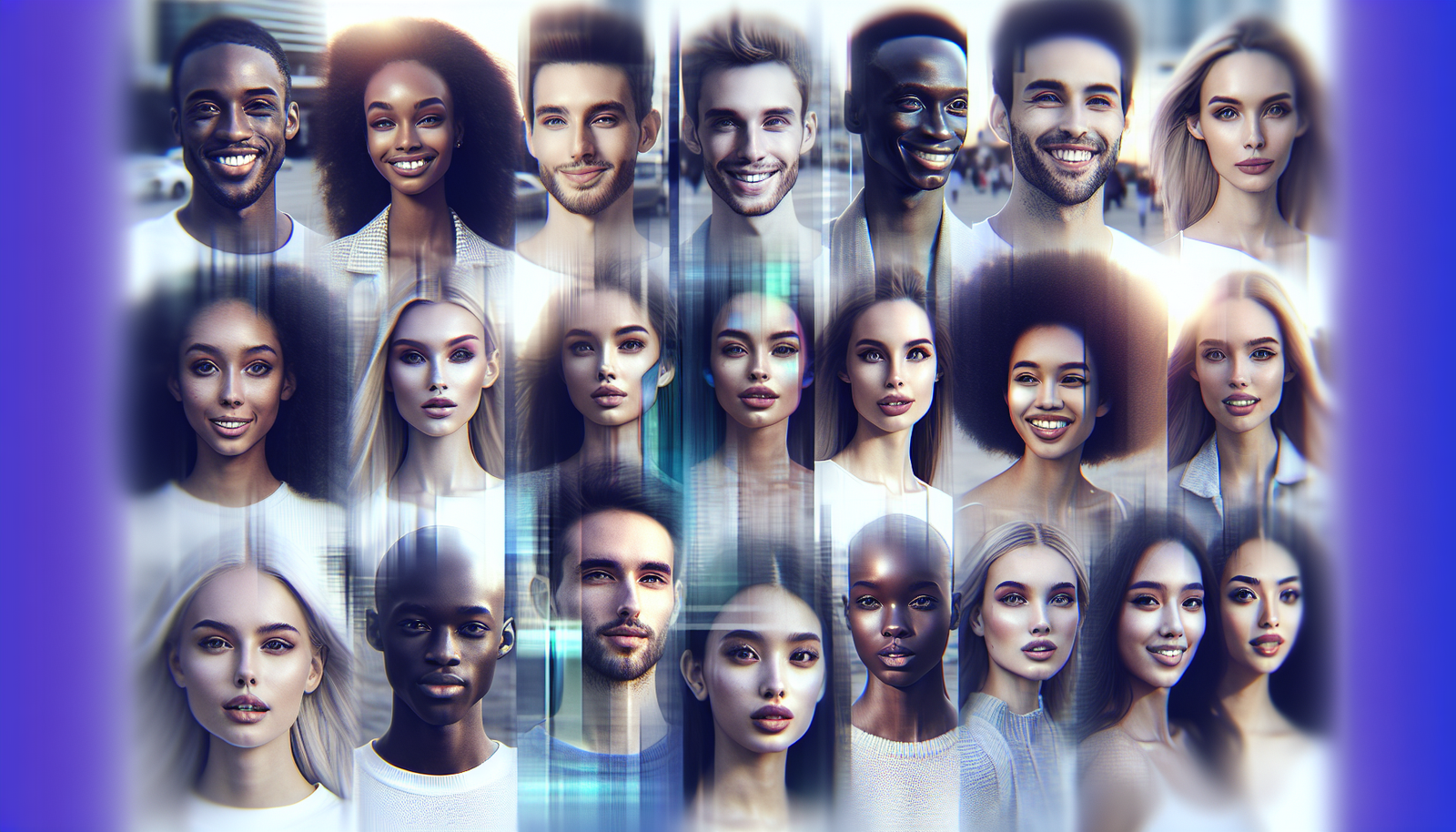The forecasts predict exceptional candidates for Miss France 2025. The opportunities presented by artificial intelligence allow for the identification of the most promising personalities in this competition. Influence on social networks and regional dynamism shape the outcome of this prestigious contest. A thorough analysis of the numbers reveals revealing trends regarding the chances of each candidate. The advent of these cutting-edge technologies transforms the way evaluations are perceived and interpreted. Emotions and interactions of internet users already influence the path of the misses. In this perspective, artificial intelligence asserts itself as an indispensable tool for anticipating results.
Potential favorites according to artificial intelligence
To succeed Ève Gilles on December 14th on TF1, the competition promises to be tight. The candidates, numbering thirty, do not all possess the same advantages. The consulting firm Avisia has established a ranking of the misses with the best chances of winning the crown of Miss France 2025. This ranking is based on a precise analysis of interactions on social networks, conducted by sophisticated artificial intelligence.
Avisia’s prediction model
Avisia uses a “prediction score” to evaluate the popularity of the candidates. This score is based on real data such as the number of positive mentions on Instagram, TikTok, or X. The artificial intelligence also looks into the candidates’ ability to generate engagement, such as sharing contents featuring them.
This year, Avisia has introduced an innovation: generative AI. This tool allows for the analysis of the nuances of online comments. For example, when internet users use a fire emoji when commenting on a post, the AI interprets this as a positive comment. This multifaceted approach helps refine predictions about the most appreciated candidates.
The top candidates in the forecasts
The current ranking reveals that Moïra André, Miss Guadeloupe, emerges as the favorite with a 68% probability of victory. Her performances on social networks, including a high number of positive tweets about her, work in her favor. Additionally, she receives a large number of Instagram posts with her hashtag, consolidating her position.
The second place is held by Angélique Angarni-Filopon, Miss Martinique, who has a 56% chance of winning the title. Sabah Aïb, Miss Nord-Pas-de-Calais, closely follows with 55%. Jade Fansonna, Miss Guyane, and Clara Diry, Miss Bourgogne, complete the top 5 with 39% and 36%, respectively.
The weight of social networks
Social networks, essential in this type of competition, do not guarantee success on their own. Although Sabah Aïb is very active on Instagram, gathering nearly 50,000 followers, this popularity can also lead to negative reactions. Cases of online harassment are to be lamented, illustrating the darkness behind increased visibility on the web.
Meanwhile, Miss Martinique, while having 17,000 followers, enjoys significant recognition despite a smaller audience. Social media enthusiasts must remember that the contest also evaluates candidates’ cultural knowledge as well as their stage presence. Eloquence and the ability to captivate an audience remain determining skills.
Evolving predictions
The forecasts are not fixed and will be adjusted until the day of the final. It is worth noting that Avisia’s historical predictions indicate a certain unpredictability, as evidenced by the case of Ève Gilles. She managed to surprise by winning the title, despite limited activity on social networks. The voting dynamic can be influenced by many factors, making any estimate questionable.
To achieve promising results, candidates must not only shine on social networks, but also rely on local engagements. Key players in this competition, they must mobilize their region to ensure the maximum number of votes in their favor. The work of the candidates in the lead-up to the contest is also essential.
These dynamics perfectly illustrate how modernity and technological innovations, such as artificial intelligence, are taking an increasingly large place in beauty contests. For further insights into ethics and modernity in beauty contests, articles such as this are available: Beauty Contests and Modernity and on other innovations like the innovations from the Lincoln Laboratory.
Frequently asked questions
What methods does artificial intelligence use to predict the favorite candidates for Miss France 2025?
Artificial intelligence uses data from social networks, such as positive mentions, sharing of posts, and analysis of internet users’ emotions. These combined elements help determine a prediction score for each candidate.
Who is the candidate with the highest chances of winning Miss France 2025 according to the latest forecasts?
According to the forecasts, Moïra André, Miss Guadeloupe, is the favorite with a 68% probability of winning the crown.
What other criteria influence the chances of candidates for Miss France 2025?
In addition to their popularity on social networks, candidates must also succeed in general knowledge tests and demonstrate their eloquence during the final.
How does artificial intelligence evaluate a candidate’s influence on social networks?
It evaluates the number of mentions, the sharing of content, as well as sentimental feedback (positive or negative) through analytical algorithms that scrutinize online interactions.
Does popularity on social networks guarantee that a candidate will win Miss France?
No, although popularity on social networks is an important factor, the contest also takes into account other elements such as performance in live events and eloquence.
Which candidates are regularly cited among the favorites, according to the collected data?
In addition to Moïra André, other candidates often cited as favorites include Angélique Angarni-Filopon, Miss Martinique and Sabah Aib, Miss Nord-Pas-de-Calais.
How do the predictions evolve as the contest approaches?
The forecasts are updated based on new data collected from social networks until the day of the contest, allowing for refinement of the candidates’ preferential rankings.
Why didn’t artificial intelligence predict the victory of certain candidates like Ève Gilles in the previous contest?
Because certain factors, such as engagement and influence on social networks, were low for some candidates, making their victory unpredictable.






